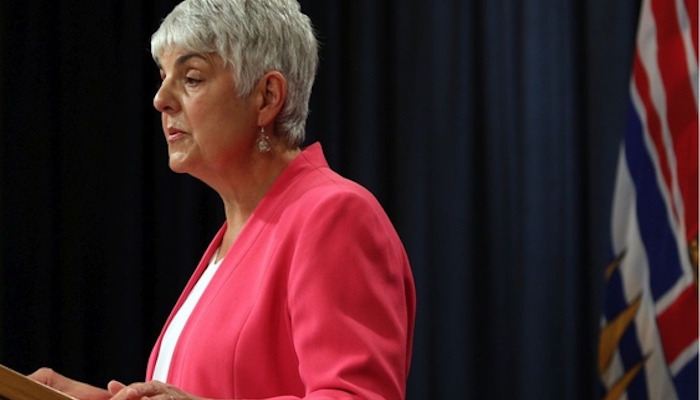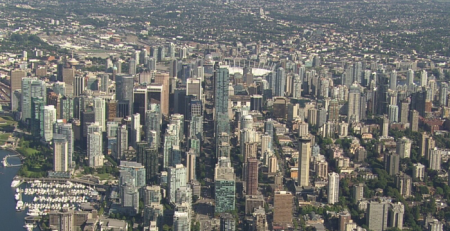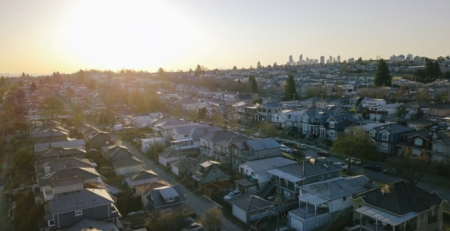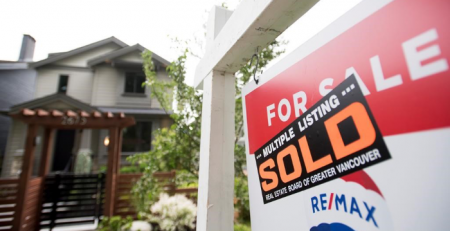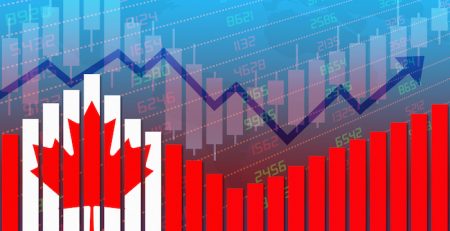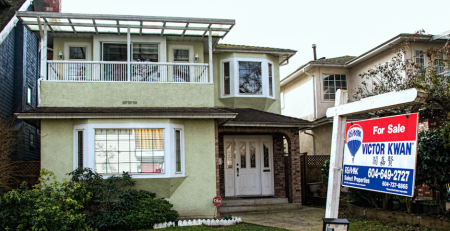James feeling optimistic despite projecting economic decline in B.C.
[Vancouver Sun – September 11, 2020]
VICTORIA — Finance Minister Carole James cited grounds for optimism Thursday, even as she continues to preside over B.C.’s worst economic and financial crisis in modern times.
“I don’t like to sugar-coat things — I am a realist,” James told reporters in releasing the latest economic and financial update.
“I am optimistic when it is warranted. … But I am feeling optimistic about B.C.’s economic future. We have started down the road to economic recovery.”
Her outlook was brighter than in the update she delivered in July, because key numbers are now better than the ones she presented two months ago.
B.C. lost 235,000 jobs between February and the end of June and the unemployment rate had soared to 13 per cent. In the last update, the job loss was down to 150,000 and unemployment had edged below 11 per cent. Admittedly those would still be dismal numbers in any year but this pandemic-ridden one.
Most sectors have seen an improvement, some dramatically so. Accommodation and food services lost 45 per cent of its jobs through the spring as the economy shut down and people stayed home. But the sector has now clawed its way back to 85 per cent of the employment level before the novel coronavirus pandemic hit.
Wholesale and retail trade remains the hardest hit sector. But having lost almost 50 per cent of its jobs up to the end of June, the sector was down by only (only!) a third at the end of August.
To the end of June, James reported that retail sales had dropped by almost one-quarter in the first few months of the pandemic. By the end of August they had recovered enough to put the province on target for the same dollar volume of sales as forecast in February.
The recovery came with significant shifts in buying patterns as consumers sheltered in place, worked from home and cut down on travel.
Sales of clothing and gasoline remained below pre-pandemic levels. Electronics, appliances, gardening supplies, building materials, food and beverages led the recovery.
Two months ago the finance minister was expecting housing starts for the year to bottom out at 27,000 units. She now says the province is on track for 42,000 units this year. Residential sales have rebounded as well, with both numbers and prices ahead of where they were in February.
James and the New Democrats faulted the previous B.C. Liberal government for relying too much on the housing and real estate sector. On Thursday the finance minister professed not to see any irony in celebrating similar results herself.
“No, I continue to feel that you don’t build a sustainable economy on speculation in the real estate market, to see the kinds of spikes that you see,” she told reporters.
Still, it would appear that one era’s spike is another era’s milestone on the road to recovery.
For all the encouraging signs on the economic front, James added only one-tenth of a percentage point to her earlier forecast for the year.
She now predicts the economy will shrink by only 6.7 per cent this year instead of the 6.8 per cent she forecast back in July.
At the same time, she scaled back the outlook for next year to growth of three per cent, down slightly from a 3.1 per cent prediction in July. Combined, the shifts made the two-year forecast pretty much awash.
James is still budgeting to spend billions of dollars more in 2020 than she did at the beginning of the financial year and still expecting to collect billions less than planned on the revenue side.
The operating deficit is now forecast to be $12.8 billion, up from $12.5 billion in July. But now she has found room to boost contingencies to $1 billion, enough to cover the $750 million in additional health spending Premier John Horgan announced Wednesday.
Taxpayer-supported debt is projected to top out at just short of $60 billion, $2 billion less than expected in July. Even at the lower number, B.C. is heading for a huge increase in debt measured as a share of gross domestic product (20.8 per cent, up from 15.5 last year) and as a percentage of annual revenues (110.6 per cent, up from 84 per cent).
Both are key indicators in the eyes of the agencies that determine the provincial credit rating. But if B.C. faces a downgrade, it probably won’t be alone among Canadian jurisdictions. “We have one of the best debt affordabilities in all of Canada,” boasted James.
For all her talk of recovery, there was no denying that it was all very tentative.
“It goes without saying that these are unprecedented times and it is very hard to predict what’s coming. We may see slower recovery because of a weaker global recovery. That’s entirely possible. We may see a more negative impact to households and to businesses. We may see future waves of the virus.
“No question that we have a long way to go,” James concluded, letting realism override optimism near the end of the media conference.
Next week the finance minister and the premier are scheduled to preside over release of the NDP’s $1.5 billion economic recovery plan, which the legislature approved as a no-strings-attached blank cheque almost six months ago.
The long delay means the plan comes with high expectations. But it remains to be seen whether the details were worth the wait.

